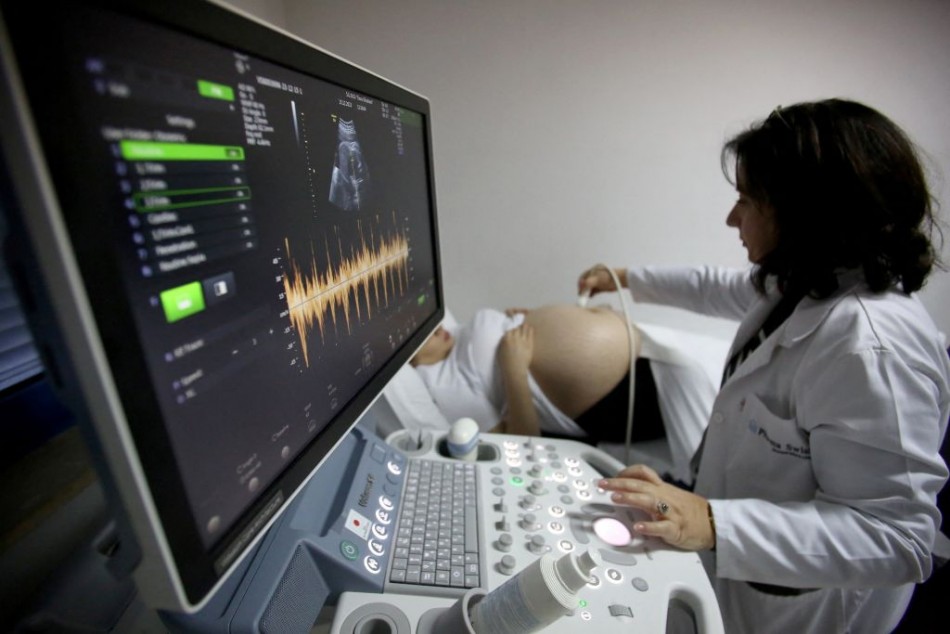Choosing Between a Doula and Midwife: What Expectant Parents Need to Know

Bringing a new life into this world can be an overwhelming challenge, especially for new mothers.
Entering the world of child care and raring requires introducing a mother to a new and different way of life full of terms and roles, from pre-birth, to birthing, and after-birth.
Seeking professional help to help you get through this journey successfully and safely on terms with which a mother is more comfortable is a good idea. Luckily, in this stage, the roles "doula" and "midwife" come into play.
Both roles are professionals in their field, offering substantial help to expecting parents wearing different hats depending on their expertise.
In reality, these professionals play distinct roles in the journey of pregnancy. Here's a breakdown of midwives, doulas, and their unique contributions to your pregnancy experience.
What Does a Doula Do?
A doula is a professional who can provide expecting mothers with the support they need through the childbirth process.
Mothers can hire doulas during pregnancy, which is popularly called a birth doula, and also after childbirth, which is called a postpartum doula.
The support these women can give includes emotional, physical, and informational support.
Additionally, hiring a personal doula can give you the liberty of having professional care tailored to your pregnancy needs. They focus on the individual needs of the mother to ensure a positive and empowering birth experience in their journey.
However, it is also important to note that while they assist in creating birth plans, it's also important to note that doulas do not have medical training and are not allowed to deliver babies.
On the other hand, during the birthing process, these types of professionals can offer hands-on support in delivery. Offering encouragement, support such as relaxation techniques, breathing exercises, massage, and guidance with labor positions.
It's worth mentioning that doulas work alongside medical professionals and do not replace the presence of a woman's partner during birth.
Instead, they encourage the partner's involvement and provide support and reassurance to both the mother and her partner throughout the process.
Read Also: Top 5 Best Postnatal Vitamins for Recovery, Breastfeeding Mothers
What Does a Midwife Do?
While a doula is not a medical professional, a midwife is a skilled healthcare professional who often requires certifications to provide care.
These types of medical professionals are licensed to operate and often provide support in childbirth, prenatal care, and early postpartum care.
When expecting mothers choose a midwife in their journey, this means relying solely on a midwife for these medical services, bypassing the need for a doctor in most cases.
There are two primary types of midwives in the United States: Certified Nurse Midwives (CNMs) and Certified Direct-Entry Midwives.
CNMs are registered nurses who have completed a master's degree in nurse-midwifery and subsequent certification.
On the other hand, certified direct-entry midwives, known by various titles depending on state regulations, typically attain an associate's or bachelor's degree through direct-entry midwifery programs.
However, unlike CNMs, direct-entry midwives do not need prior nursing credentials but operate within a more limited scope of practice focused solely on the mother and child's care.
Choosing a midwife as the healthcare provider for pregnancy and childbirth means entrusting them with obstetrical care, including prenatal check-ups, overseeing labor and delivery, and caring for newborns afterward.
Midwives undergo specialized training to offer comprehensive reproductive and primary healthcare services during these crucial stages.
Doula vs. Midwife: What To Choose?
When considering pregnancy and labor care, individuals often face personal decisions. The roles of doulas and midwives are distinct, making the choice not strictly either/or.
It is best to consult your OBGYN and seek help to further understand your pregnancy to help you make the best decision for you. Complexities and risks are different for every woman, thus making each pregnancy unique on its own.
Related Article: Homeschooling Advantage: Why More Parents Are Choosing to Educate Their Children at Home
© 2024 ParentHerald.com All rights reserved. Do not reproduce without permission.
